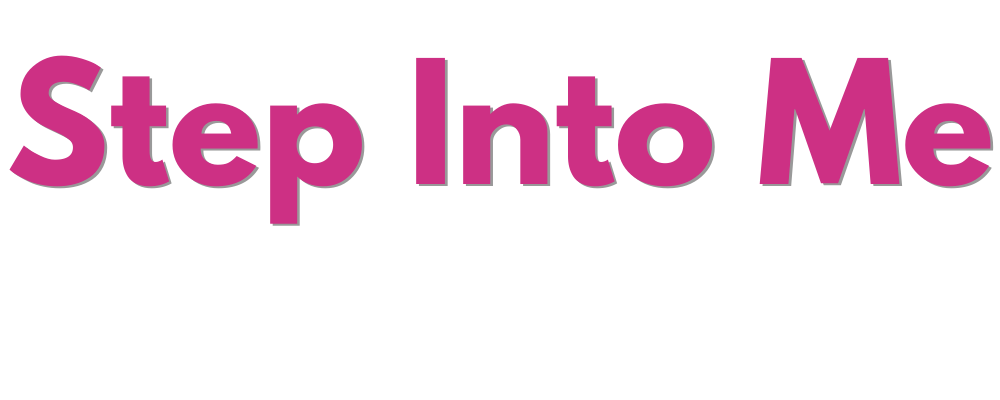Grief after job loss is normal, but what happens when the job you’ve loved for three decades, the one that shaped your identity and brought your childhood dreams to life, suddenly disappears with a single phone call? On Episode 5 of the Step Into Me podcast, I sat down with my friend and former colleague Tim Gossage to talk about curveballs, comebacks, and the messy, real work of reinventing yourself when the unexpected happens.
Tim Gossage is a seasoned Australian media personality. In 1989, he joined Network 10 in Perth, Western Australia, where he presented sport. That was until August 2020, when Tim’s career took an unexpected turn.
“It was about 20 past nine in the morning, and I received a phone call from our network boss… he hit me between the eyes and basically said, it’s not the phone call that he wants to make, and that in four weeks’ time, I, along with many others, would no longer be required.”
When Job Loss Feels Personal
Tim’s story is one so many of us can relate to: the shock of redundancy, the loss not just of a job, but of a sense of self. For Tim, being the face of sport on Perth TV wasn’t just a career; it was a dream he’d carried since childhood. But when the dream ended, reality hit hard, and Tim experienced a range of emotions, from sadness to anger.
“The bitterness and anger certainly came after, but that came in a strong bout of depression and a bit of a black hole that I went into which really took its toll. But I had… a lot of people who held me up long enough to keep my head above water.”
During our conversation, what struck me most was Tim’s openness and honesty in describing those first steps towards recovery. Even after fronting a mental health campaign for men, he found himself struggling at the time to admit how much he was hurting. “I was almost embarrassed to be pretty honest that, you know, here’s this guy who’s been sacked. I didn’t get a choice.”
It was family and a few close mates who played a crucial role in helping Tim find his feet again. He credits his daughter for encouraging him to say a proper goodbye on his last day at Ten and a small circle for reminding him he still had plenty to give.
“I was already on medication anyway, for mental health, but I sort of took the steps of trying to be positive… I had a mortgage to pay, I had kids to look after. I had a wife to take care of. I wanted to be strong for my parents. So basically, it was just a realisation that, yes, it hurt. Yes, I felt really bad. I felt a bit of a loser. But I had to find a way.”
The Challenge of Rebuilding
Tim acknowledges that he didn’t “bounce back”. For him, the journey forward has been one small step at a time. He has found a new chapter in real estate, rediscovering a sense of purpose and connection, but admits that some days are still tough, “Some days I wake up full of energy and ready to go, but things wear me down. Small things wear me down... the more you talk about it, the better you become.”
So, what does self-care look like for Tim these days? Sometimes, it’s as simple as mowing the lawn, cleaning the pool, or driving in silence to the country to see his horses, little moments of “Tim time” that help him reconnect with himself.
Tim’s story is a powerful reminder that grief following job loss is normal. It is a natural process that takes as long as it needs to and is different for everyone. If you’re facing your own curveball, know that you’re not alone and that it’s okay to take things one day, or even one hour, at a time.
Listen to Tim’s story on the Step Into Me podcast. Tim’s candour, humour, and wisdom are a gift to anyone navigating change, loss, or the daunting task of starting over.
Reframing Loss as a Legacy
“Reframing” is an NLP technique that may help shift perspective from what was taken to what was gifted, transforming pain into purpose. It doesn’t erase grief but helps reshape its narrative. Here’s how it works:
- Step 1: Recognise the Loss – recognise that it’s normal to feel grief or disappointment.
- Step 2: Identify the “Gifts” – list what the experience taught or gave you.
- Step 3: Shift Your Language – rewrite limiting statements. “I lost [X], but it gave me [Y].”
- Step 4: Connect the Legacy to Your Present – brainstorm how the “gifts” from the loss could help you move forward, whether it be creating a new career goal, starting your own business, or applying your gifts to a new career as Tim Gossage did, moving from the world of television to real estate.
Transforming seemingly negative experiences into opportunities for growth, renewal, and future happiness is just one way to help move forward when life throws you a curveball.
If you are experiencing grief after losing your job, don’t be afraid to speak to someone, whether it’s a friend, family member, or mental health professional. For further help, click on the links below:
- Services for Mental Health in the UK
- Mental Health Providers in Australia
- Mental Health Services in the USA
Ready to live life on your terms? Read more blog posts from Step Into Me and find the courage to be true to yourself.




